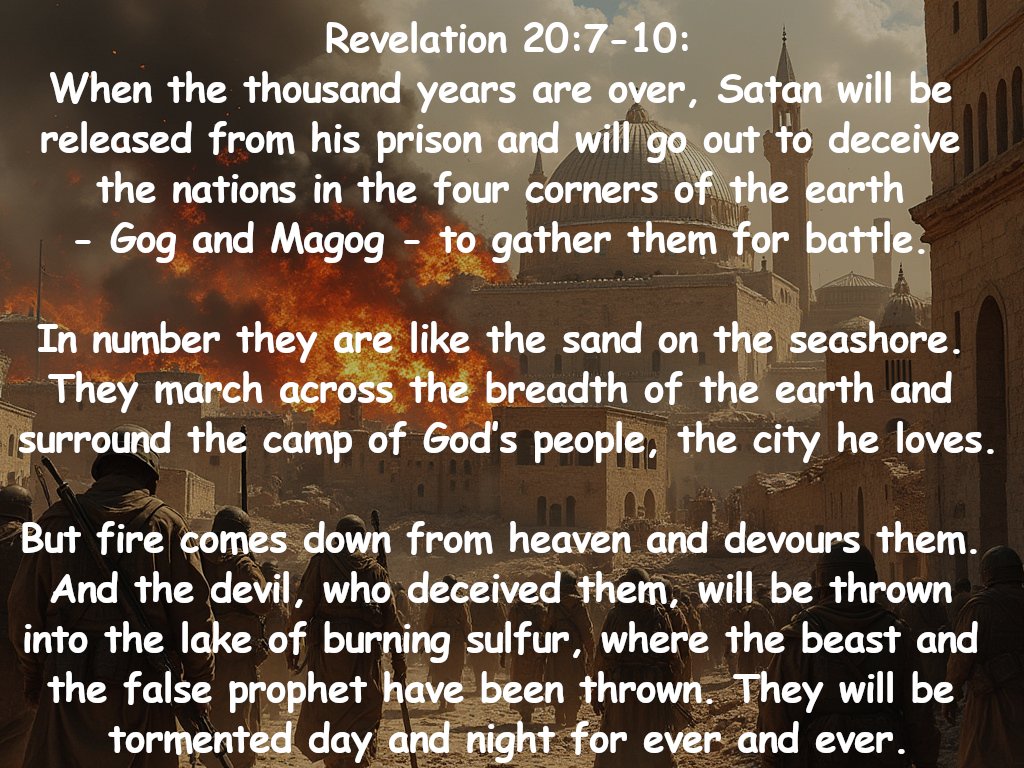The claim that content on Twitter (now known as X) is moderated or algorithmically deboosted based on Zionist political sensitivities suggests a form of bias in content visibility. This is supported by the broader discussion on content moderation, where political stances can influence how content is treated on social media platforms. For instance, the discussion in "Content Moderation As a Political Issue" highlights how content moderation has become a politically contested issue, particularly after significant events like the ban of Donald Trump, indicating that political considerations can indeed affect moderation practices on platforms like Twitter.
The mention of postings that the Mossad (Israel's national intelligence agency) might dislike getting likes from spam bots like 'maxerotica' to reduce their visibility touches on the use of bots for manipulation on social media. According to "What’s a Twitter bot and how to spot one," Twitter bots are often used for nefarious purposes like spreading misinformation or manipulating platform visibility. While the specific mention of 'maxerotica' spambots isn't directly cited, the general concept of bots being used to influence visibility aligns with known bot behaviors.
The broader context of political sensitivities affecting content moderation can be seen in various instances, like the discussion around Meta's content moderation policies, which reflect shifts in political climate and free speech debates. While this is about Meta, it parallels the idea that political sensitivities can influence how content is moderated or visible on social platforms, including Twitter.
The mention of Zionist political sensitivities influencing content moderation ties into the geopolitical tensions described in "Stalked on Social Media: Israelis Accused of War Crimes Increasingly in Danger," where there's a noted campaign against Israeli figures on social media, suggesting a climate where content related to Israel-Palestine conflicts might be particularly scrutinized or manipulated.
While the exact mechanisms and specific instances of 'maxerotica' spambots affecting visibility due to Mossad's preferences are not directly cited in the provided web results, the general principles of algorithmic manipulation, the use of bots for nefarious purposes, and the politicization of content moderation are well-supported. This indicates that claims of content being deboosted for political reasons on Twitter are plausible within the broader context of how social media platforms operate and how political issues can influence content visibility. The combination of algorithmic behavior, bot activity, and political sensitivities creates an environment where such practices could occur, although proving specific instances would require more direct evidence.

User Control vs. Security: Google, like many tech companies, often frames security in terms of protecting users from threats, which can indeed mean limiting what users can do on their devices. This includes:
Sandboxing: Android's security model uses sandboxing to isolate apps from each other and from system resources, which can restrict certain functionalities for security reasons.
Permissions System: Apps need to request permissions for accessing sensitive data or hardware features, which can be perceived as restrictive when users want more control or when they perceive these restrictions as overreaching.
SafetyNet: Google's SafetyNet Attestation checks can prevent rooted devices or custom ROMs from using certain apps or services, which some see as Google controlling what can run on their devices under the guise of security.
Trade-offs: While these restrictions can enhance security by reducing the attack surface, they also limit what users can do with their devices, sometimes forgoing convenience or customization for security.
Data Collection: Google's business model heavily relies on data, and Android collects a significant amount of user data for various purposes:
Services Improvement: Data is used to improve services, personalize experiences, and target ads. This can feel like "taking custody" of user data, especially when users feel they have little control over this process.
Privacy Policy: Google's privacy policies detail what data is collected, but the extent and depth of this collection can be alarming to users who value privacy.
Data Sharing: There's also the aspect of data sharing with third parties, either for service functionality or monetization, which might be interpreted as Google holding user data in "custody."
Protection Measures: Conversely, Google does implement measures like encryption, secure boot, and regular security updates to protect this data:
Encryption: Android devices encrypt user data, which is a form of protection but also means Google has mechanisms in place to manage this data.
Google Play Protect: Scans for malware, which is protective but also involves Google scrutinizing apps on your device.
User Consent: Google often asserts that this data collection is with user consent, though the transparency and granularity of this consent can be debated, particularly given how intertwined Google services are with the Android ecosystem.
Your perspective encapsulates a common critique that while Google's security and data protection measures aim to safeguard users, they also serve corporate interests by controlling user capabilities and managing vast amounts of data. The balance between security, privacy, and user autonomy is a complex one, where the benefits of protection are weighed against the costs of reduced control and privacy.
This viewpoint is not universally held; some appreciate the security Google provides, recognizing that in the modern digital landscape, some level of data collection and user restriction is necessary for protection. However, it underscores the importance of transparency, user control options, and clear communication about what "security" and "data protection" entail in practice.
Don't call it a ceasefire when it's merely a logistical pause, a temporary halt in the bomb supply chain triggered by the transition in US political leadership. #Trump #Israel #Gaza https://x.com/R34lB0rg/status/1880542425288208834/photo/1

First steps We will collect bones from the streets. And we bury the martyrs https://x.com/HossamShabat/status/1880525285449429165
I am waiting for these accomplices in the crime of Genocide to be arrested... #LawAndOrder https://theintercept.com/2024/12/23/eu-report-israel-war-crimes-complicity/
Asking Israel to investigate it's war crimes is like asking any other criminal to investigate it's crimes: Pointless. https://www.presstv.ir/Detail/2025/01/17/741092/Israel-investigate-Gaza-war-crimes-ICC
It's gonna last until March 2027.
The beast was given a mouth to utter proud words and blasphemies and to exercise its authority for forty-two months. -- Revelation 13:5 https://x.com/R34lB0rg/status/1880345148930085193/photo/1

I want to connect the computers running these NSFW Like-Spam Bots to a 380kV transmission line.
Every post that I make get's a like from these bots within seconds causing X's algorithms to hide it.
I have reported and blocked hundreds of them but they are like the sand on the seashore and X keeps telling me that this hellspawn does not violate it's rules.

Based on the extrapolation from the data provided up to October 2024 and extending that rate to January 17, 2025, your claim that the explosive force dropped on Gaza is equivalent to more than 6 Hiroshima bombs appears to be correct. The estimated total of 95,500 tonnes of explosives would equate to approximately 6.37 Hiroshima bombs when considering the yield of each Hiroshima bomb.